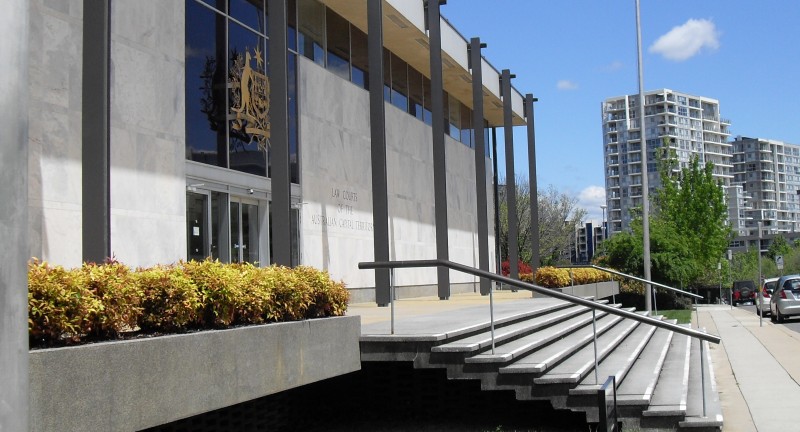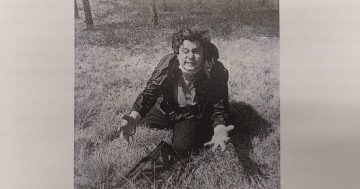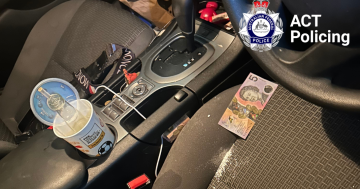
The ACT Supreme Court found police had no reasonable cause to stop the woman while driving. Photo: Michelle Kroll.
A woman originally found guilty of drug driving has had the verdict overturned after it was determined police had no reasonable cause to suspect she was driving under the influence when they pulled her over.
On 22 January in the ACT Supreme Court, Justice Chrissa Loukas-Karlsson upheld the woman’s appeal, revoked last year’s decision that had found the woman guilty of driving with a prescribed drug in her oral fluid and dismissed the charge.
The dismissed charge related to an incident in April 2019 when the woman, TT, was driving in the ACT and was pulled over by two plainclothes police officers driving behind her in an unmarked police vehicle.
The police searched her and her car and told her to wait at the site while an officer arrived with a drug testing kit. The judgement states TT later tested positive for prohibited substances in her oral fluid.
TT pleaded not guilty to her charge when she appeared in the ACT Magistrates Court in early 2020, but Magistrate Peter Morrison found the police officers did have reasonable cause to suspect she had drugs in her system at the relevant time and that the offence was proven.
However, no conviction was recorded as TT stated she would appeal the decision.
In Justice Loukas-Karlsson’s judgement, she said TT questioned the inconsistences between the police officers’ account of her driving that led to her being stopped, denying that she had been weaving while in her lane or driving in a way that would attract their attention.
For instance, one officer said her car was veering and crossing lanes towards the median strip while the other said the car did not remain “strictly within its lane”. Also, one said her car was in the right lane when the alleged manner of driving was observed, while the other said the vehicle was in the left lane.
TT accepted the court would find her car was, at some stage, seen outside a Canberra house connected to drug use.
But she submitted the police officer named as the respondent in the case did not have reasonable cause to suspect she was driving with a drug in her system, so by directing her to remain with them for 30 minutes for another officer to arrive with a drug testing kit was a form of unlawful detention and therefore the oral fluid analysis was taken illegally.
The ACT Director of Public Prosecutions, representing the police officer, replied to the questions over reasonable cause by saying the combination of circumstances that came from seeing the car leaving a known drug-associated property as well as the manner of driving were considerations that “rationally could bear upon the issue of whether a person may be driving with a drug in their system”.
Ultimately, Justice Loukas-Karlsson agreed there were “material inconsistencies” between the officers’ evidence, accepted TT had not driven her the car in the way the officers described and said a car being parked outside a house was not “reasonable cause to suspect that the person has a drug in the person’s body”.
She said the named officer “did not have reasonable cause to suspect that the appellant had a drug in her body”.
Later in her judgement, she said: “[Taking] all the relevant matters into account, the evidence of the roadside screening test and further oral fluid analysis should not be admitted.”
“The desirability of admitting the evidence is outweighed by the undesirability of admitting evidence that has been obtained in the way in which the evidence was obtained,” she said.
*On 3 February the headline of this article was changed from ‘Judge finds police had no reasonable cause to stop or detain woman for a drug test’ to ‘Judge finds police had no reasonable cause detain woman for a drug test’.




















